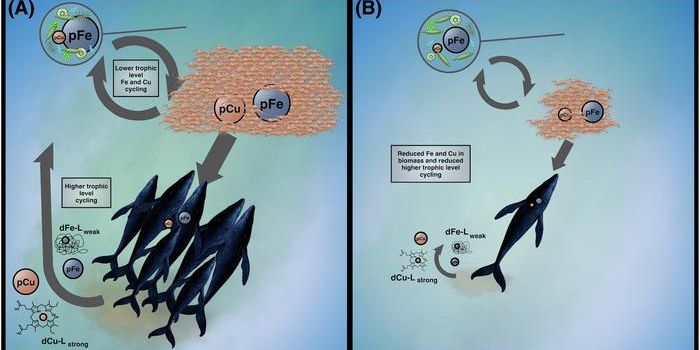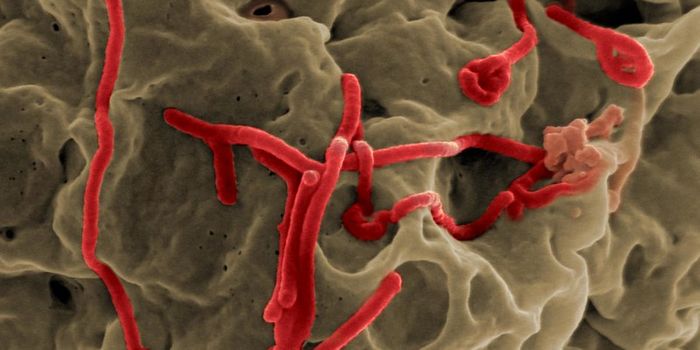Glyphosate-Based Herbicides may Cause Brain Inflammation
Glyphosate-based herbicides are among the most commonly applied herbicides in the world. Glyphosate takes aim at a plant enzyme, but while it is meant to only affect plants, there is plenty of evidence that it also affects animals and people. In 2015, it was classified as a probable carcinogen (although there was considerable disagreement about that designation at the time). A more recent review published in Chemosphere in 2023 did confirm that there is "mechanistic evidence that glyphosate is a probable (emphasis the authors') human carcinogen." Studies have also suggested that glyphosate can affect the reproductive system, impact the gut microbiome, may raise the risk of Parkinson's and other neurological diseases, and is associated with autism.
Now researchers have used a mouse model to show that exposure to glyphosate can cause brain inflammation and Alzheimer's-like symptoms. The findings have been reported in the Journal of Neuroinflammation.
In this work, the researchers exposed mice to one of two levels of glyphosate, one of which is high and has been used in previous studies, and another that is lower and closer to the level that is currently acceptable for human exposure.
The investigators found that glyphosate increased inflammation in the mouse brains, led to symptoms like those seen in Alzheimer's models, caused anxiety-associated behaviors, and premature death.
Symptoms were found to persist even when the mice had not been exposed for six months, suggesting that it caused lasting impacts. They were also observed at the lower dose.
Previous work by this team has also shown that glyphosate is able to cross the protective blood-brain barrier (in a mouse model), and the herbicide was associated with neurodegenerative disease. That study also showed that glyphosate increased the expression of a pro-inflammatory cytokine called TNF-α, which is known to be dsyregulated in Alzheimer's disease.
Co-corresponding study author Patrick Pirrotte, an associate professor and director of the Integrated Mass Spectrometry Shared Resource at TGen and City of Hope, noted that herbicides are widely and constantly used around the world, but we need to conduct more research to understand how they may be affecting public health, and whether there are better alternatives.
“Our work contributes to the growing literature highlighting the brain’s vulnerability to glyphosate,” added co-corresponding study author Ramon Velazquez, an assistant professor at Arizona State University. “Given the increasing incidence of cognitive decline in the aging population, particularly in rural communities where exposure to glyphosate is more common due to large-scale farming, there is an urgent need for more basic research on the effects of this herbicide.”
Sources: Arizona Sate University, Chemosphere, Journal of Neuroinflammation









